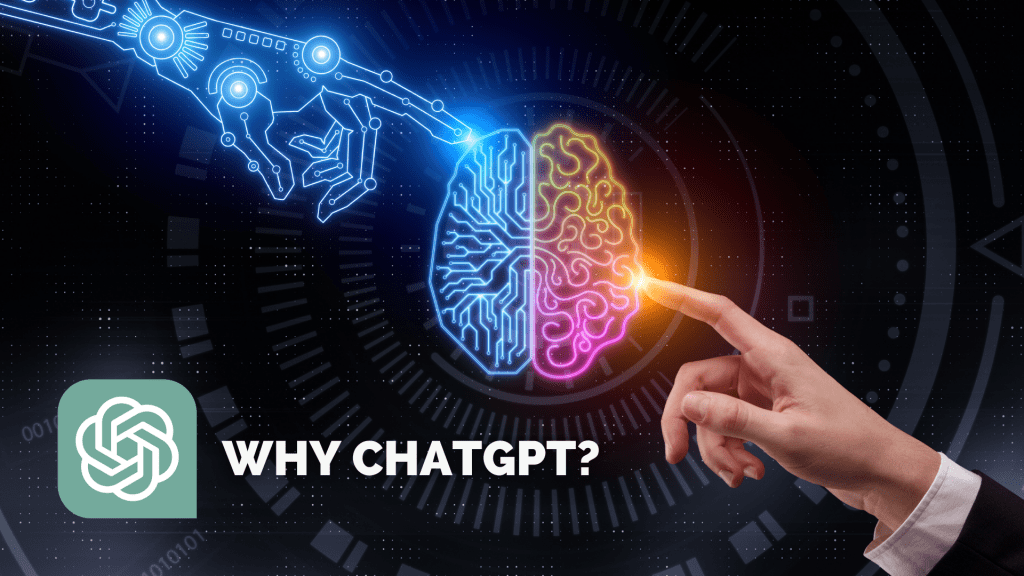Artificial Intelligence (AI) is revolutionizing the healthcare industry, offering unprecedented opportunities to improve patient outcomes, enhance clinical decision-making, and optimize healthcare delivery. From diagnostic algorithms and predictive analytics to personalized treatment plans and virtual care solutions, AI is transforming every aspect of healthcare delivery, ushering in a new era of precision medicine and patient-centered care. In this article, we’ll explore the rise of AI in healthcare, the latest advancements in medical AI technology, and the potential impact on patients, providers, and healthcare systems.
Diagnostic AI Algorithms
AI-powered diagnostic algorithms are capable of analyzing medical images, lab results, and patient data to assist healthcare providers in diagnosing a wide range of medical conditions with greater accuracy and efficiency. Machine learning algorithms can detect patterns and anomalies in medical imaging studies such as X-rays, MRIs, and CT scans, helping radiologists identify early signs of disease and prioritize urgent cases.

In addition to imaging diagnostics, AI algorithms are being used to analyze genomic data, biomarkers, and electronic health records (EHRs) to predict disease risk, identify optimal treatment options, and personalize patient care. By leveraging big data and machine learning, healthcare providers can deliver more precise diagnoses and develop targeted treatment plans tailored to each patient’s unique needs.
Predictive Analytics and Early Intervention
Predictive analytics powered by AI enable healthcare organizations to identify high-risk patients, predict adverse events, and intervene proactively to prevent disease progression and complications. By analyzing large datasets and clinical variables, AI algorithms can identify patients at risk of developing chronic conditions such as diabetes, heart disease, and cancer, enabling early intervention and preventive care strategies.

For example, AI algorithms can analyze patient data from wearable devices, smart sensors, and remote monitoring systems to detect changes in vital signs, activity levels, and medication adherence, alerting healthcare providers to potential health issues before they escalate. By leveraging predictive analytics, healthcare organizations can reduce hospital readmissions, improve patient outcomes, and lower healthcare costs.
Virtual Care and Telemedicine
The adoption of virtual care and telemedicine has surged in recent years, driven in part by the COVID-19 pandemic and the need for remote healthcare delivery solutions. AI-powered virtual care platforms enable patients to access healthcare services remotely, connect with providers via video consultations, and receive personalized treatment recommendations from the comfort of their own homes.

Virtual care solutions powered by AI offer a wide range of services, including virtual triage, symptom assessment, medication management, and chronic disease management. AI chatbots and virtual assistants can provide real-time guidance and support to patients, answer medical questions, and facilitate appointment scheduling and medication refills, enhancing patient engagement and satisfaction.
Conclusion
The rise of AI in healthcare is transforming the way we diagnose, treat, and manage medical conditions, offering unprecedented opportunities to improve patient outcomes, enhance clinical decision-making, and optimize healthcare delivery. By leveraging AI-powered diagnostic algorithms, predictive analytics, and virtual care solutions, healthcare providers can deliver more precise, personalized, and efficient care to patients, ultimately improving access to healthcare services, reducing healthcare costs, and saving lives. As AI technology continues to evolve, we can expect to see even greater advancements in medical AI and its impact on healthcare delivery in the years to come.







